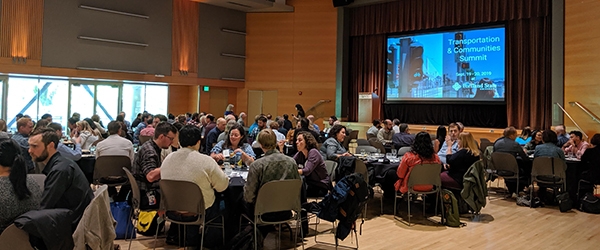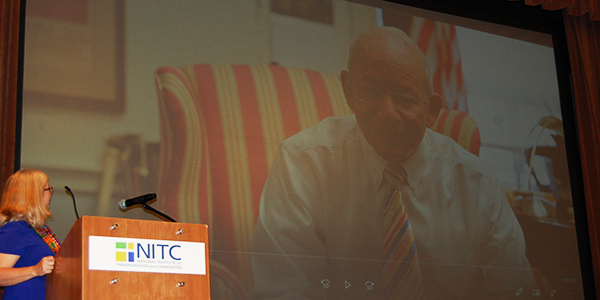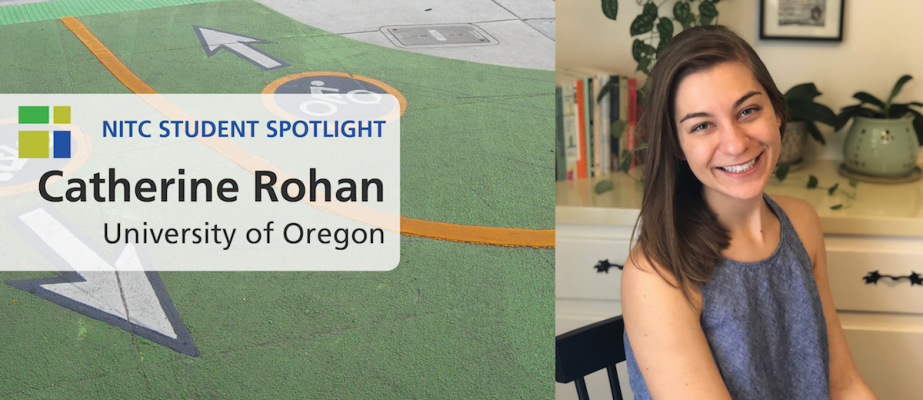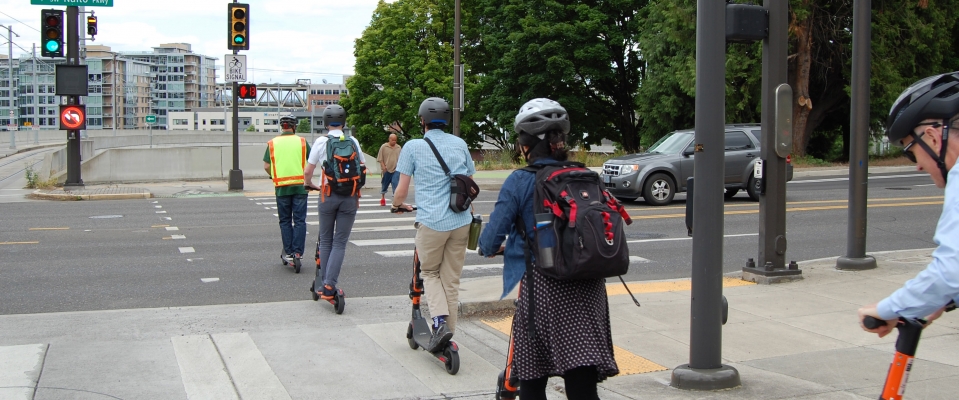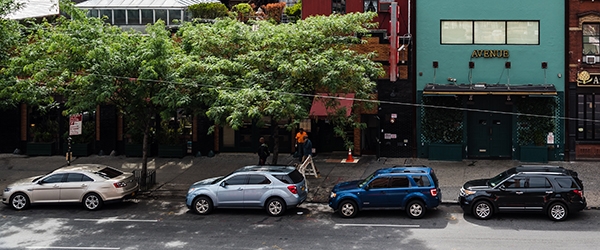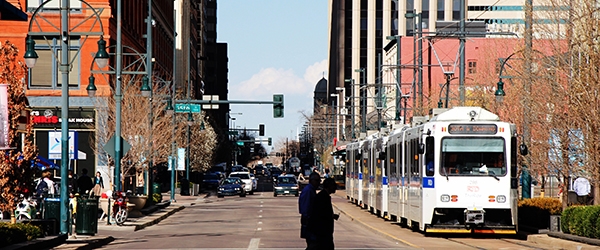The National Institute for Transportation and Communities (NITC) program has released its 2019 general research request for proposals. Faculty at NITC's partner universities* are invited to submit abstracts by March 29, 2019.
Through funding provided by the U.S. DOT, we will award up to $1,000,000 to research projects that support NITC’s theme: improving mobility of people and goods to build strong communities. Our theme includes a few key topics:
- Increasing access to opportunities
- Improving multi-modal planning and shared use of infrastructure
- Advancing innovation and smart cities
- Developing data, models, and tools
2019 RESEARCH PRIORITIES
The NITC Advisory Board has provided input into several research priorities that relate to multimodal transportation data and the transportation-land use-housing connection. NITC is prioritizing the funding of proposals that directly addresses research questions related to:
Developing Data, Models and Tools. Agencies are confronting a plethora of new mobility options along with new data sources to support transportation research, planning, and analysis. Several priority research areas have been identified to increase understanding:
- Collection of multimodal data...
Read more
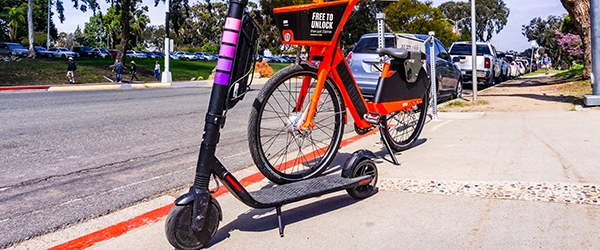
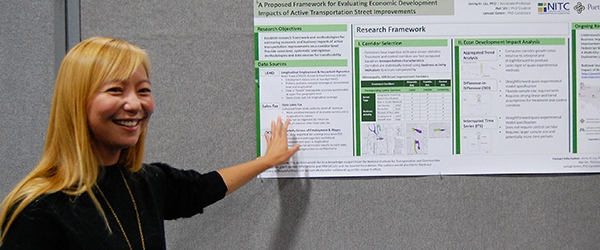
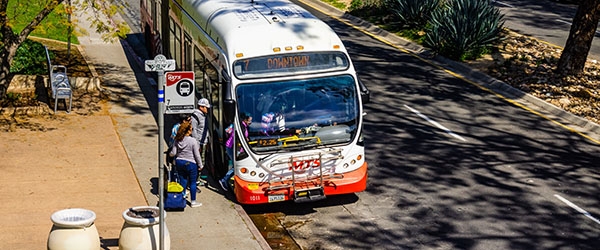
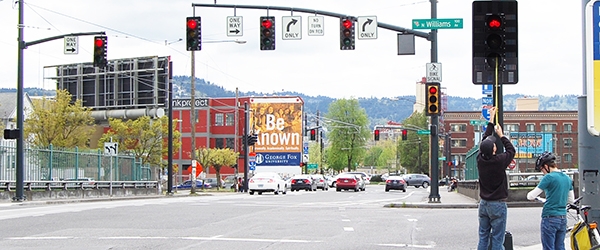
 Fickas and Schlossberg created a...
Fickas and Schlossberg created a...